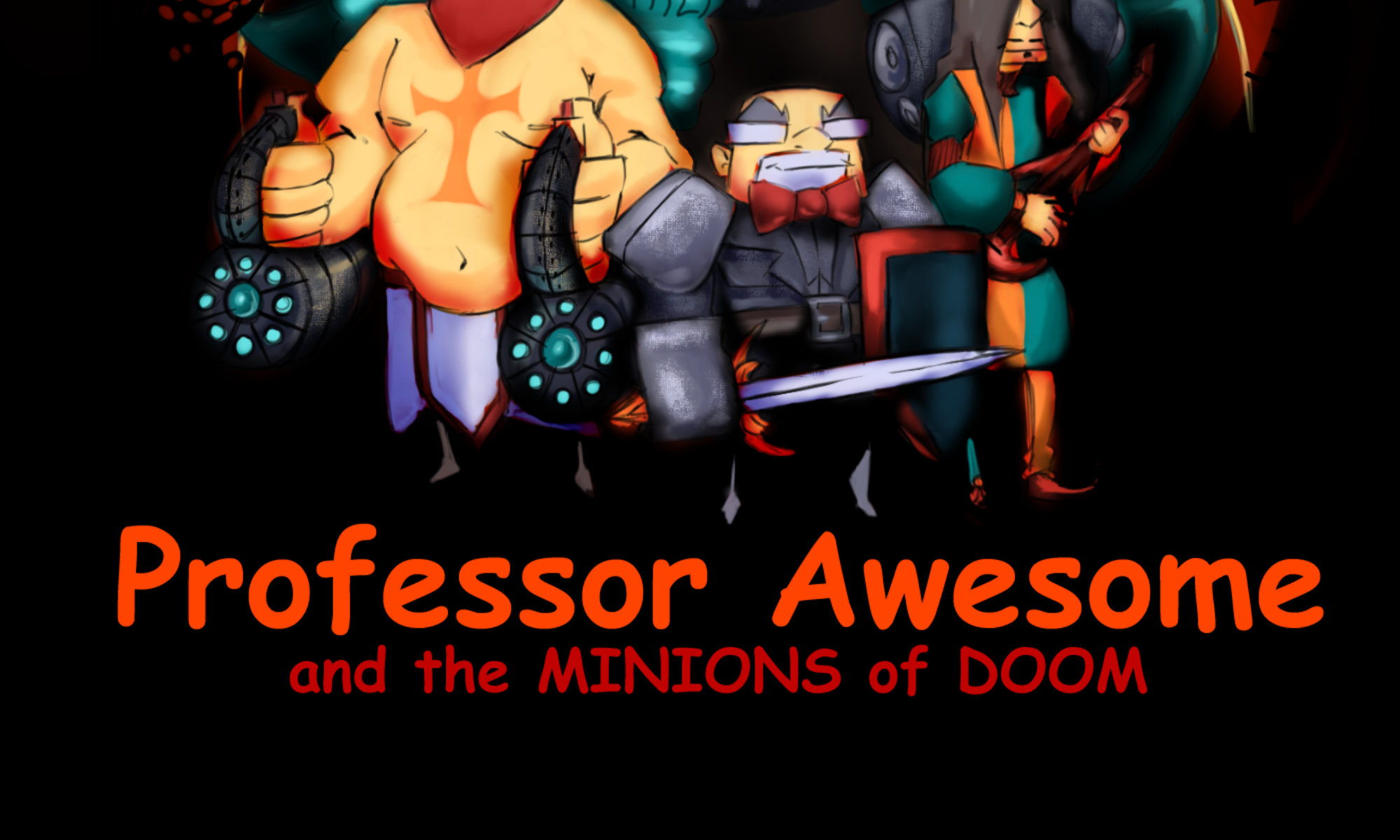At Dragon*Con, I saw Nerf Herder play. Twice, in fact: a half hour acoustic set in the afternoon, and then an hour long set later than night. And I learned that I have been terribly remiss in exploring their oeuvre.
You see, I’d heard Nerf Herder before I knew they played the Buffy theme song (if you were not aware, yes, that’s Nerf Herder. And now that you know, go back and watch Season 7 again, because in the episode “Empty Places,†that’s Nerf Herder playing “Rock City News†at the Bronze. It’s funny, because Dawn says, “I think this band might actually be one of the signs [of the apocalypse].†Nerf Herder is, of course, literally one of the signs of the apocalypse in the Buffyverse, as their music heralds each episode. Fittingly, they are the last band we see play at the Bronze.). I had an ex who got into Nerf Herder with the release of How to Meet Girls in 2000, and he played that album, along with their eponymous 1996 release, quite a bit. I liked them. But shortly thereafter, the ex became ex, and that was that.
But sometimes bands follow you around until you pay attention (that would be a great music video.). I say “follow†because when I first saw Buffy (I need to point out here that I was late to Buffy, and started with Season 1 sometime while Season 4 was airing), I thought “Oh cool! Nerf Herder!†and my impression of the show immediately rose (which was good, because Season 1). I listened to Nerf Herder quite a bit, just the one song, over and over and over as I fell into Whedon fandom watching Buffy. And then, in Season 7, I added a snippet from another song to my Nerf Herder a la Buffy repertoire. Time passed. I still liked them. I re-watched Buffy. I wrote in Buffy Studies. I became a member of the WSA (that’s Whedon Studies Association. It’s awesome. They publish an online journal called Slayage and have a conference every two years.). I published a chapter in a book called Reading Joss Whedon. And I still didn’t explore Nerf Herder.
So when I discovered that Nerf Herder was playing at Dragon*Con, I went. And now, I keep asking myself, for the love of God, why didn’t I explore Nerf Herder? These guys are BRILLIANT. Not even remotely half-witted, nor scruffy looking, Nerf Herder is the most under-rated geek rock band that has ever geeked or rocked. American Cheese, their 2002 release, is playing rather obsessively on my Spotify (sorry guys, I’ll buy everything, too, I promise! I needed immediate gratification). Genius happens on this album. Several times. Nerf Herder (1996) and How to Meet Girls (2000) are the solid pop punk albums that I remember, and as soon as I can stop playing these I’ll move on to Nerf Herder IV (2008), My E.P. (2001) and High Voltage Christmas Rock (2002) (which I’ll clearly be saving until December). Plus, I’m looking forward to the new album they’re working on, that you can pre-order right here (yeah, I did that already).
So, I’m left with two questions from this long-deferred exploration: Why now? And what is it about Nerf Herder that makes them so great? I’ll start with the second one. Nerf Herder is a pop punk geek rock band. And they do pop punk well. Very, very well. Solid, tight, short songs. Guitar that drives and bass that bounces and drums that carry and vocals that pull it all together. The best of pop punk is a bag of Skittles: bright, infectious morsels. You can’t ignore a bag of Skittles. You can’t resist a bag of Skittles. And you can’t resist Nerf Herder. Even more alluring is their overt geekery, playing in Star Trek t-shirts and singing about Spock. Nerf Herder’s geek pop punk is like Skittles for breakfast: a little subversive, and exactly what you want in the depths of your heart.
Which brings me to the first question, secondly: Why now? I have a theory. (And no, I don’t think it’s bunnies). Music finds us when we need it to. Right now, Nerf Herder is my perfect sonic expression. All I want is Nerf Herder, Boris, and Melt Banana on repeat. I want sweetness and depth and melodic chaos. I can regret not exploring Nerf Herder sooner while at the same time being grateful to explore them now. I always liked them. I always liked Skittles. But I guess that now, the difference is that I want to eat Skittles for breakfast.
And possibly lunch and dinner as well.

